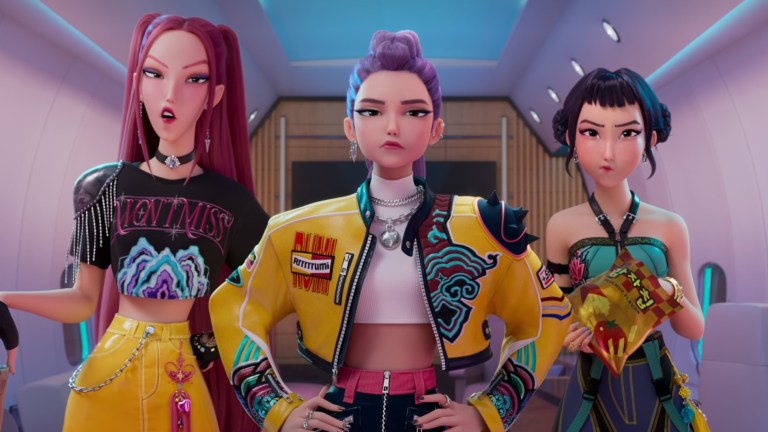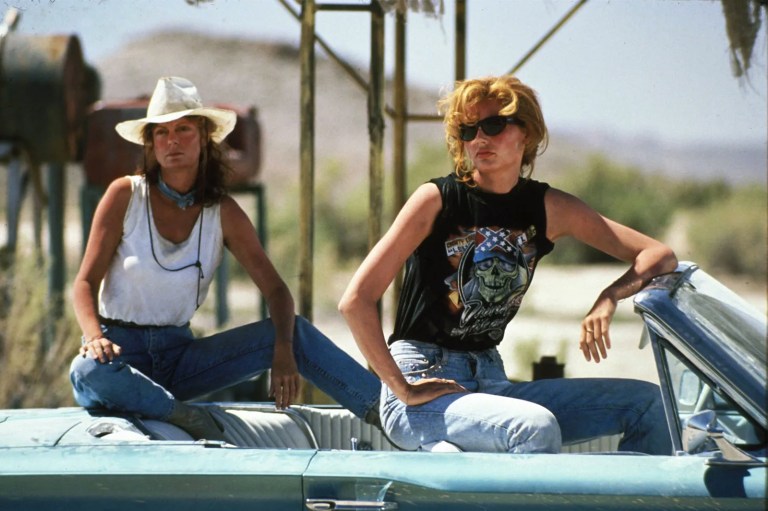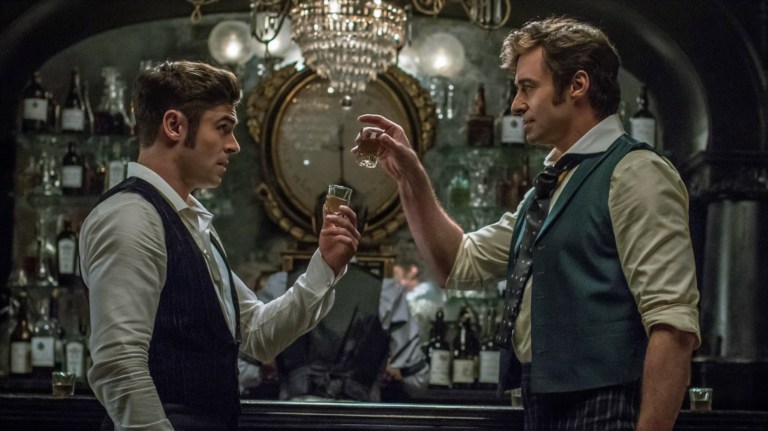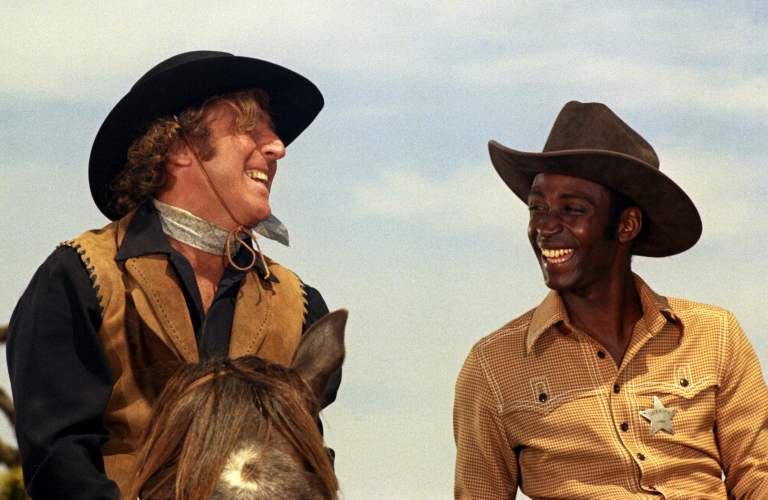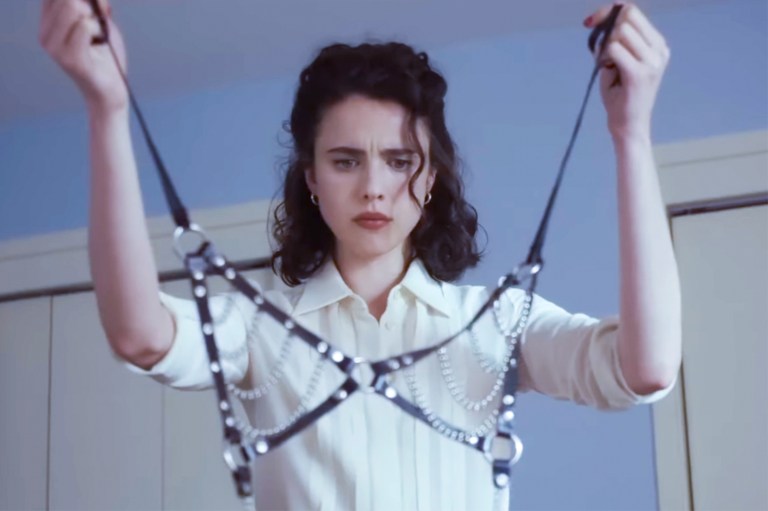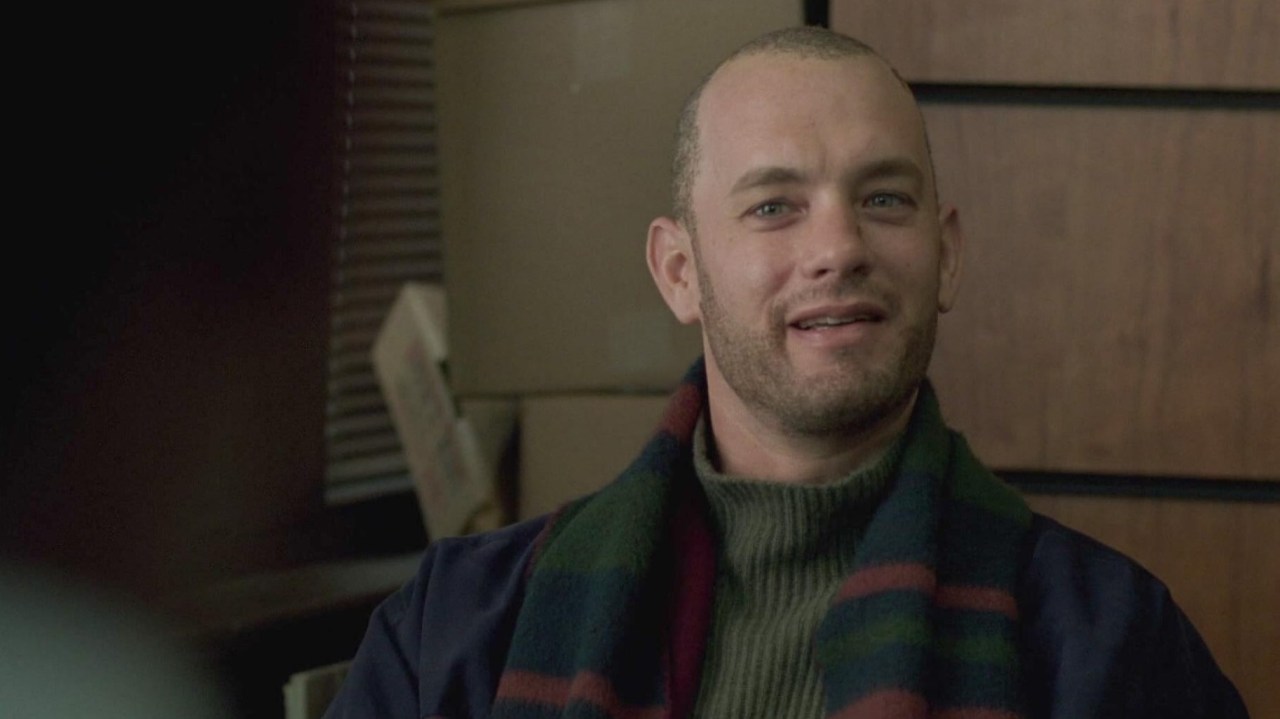
The 6 Best Queer Movies Directed By Straight People
Believe it or not, queer people have not always been able to tell their own stories.
Without the social or financial resources to truly break into the mainstream before the early 2000s, queer people have historically remained at the margins of Hollywood, quietly nudging straight creators to make the queer movies that they wanted to see on the screen. While nowadays a straight director “honoring” a gay story can elicit immediate side-eye, the arrangement has previously been a necessary evil. In honor of Pride Month, here are seven straight directors who helmed movies with queer stories, helping to bring LGBTQ representation to the world stage.
Moonlight — directed by Barry Jenkins

My brain exploded when I learned that the director behind Moonlight, the most iconic queer Black film of the 21st century, was straight. Actually, it wasn’t just my brain that exploded. It was my entire conception of space-time. How could a straight filmmaker tell this story of queer Black manhood with such subtlety and grace? I mean, it won the Academy Award for Best Picture! Of course, there are plenty of queer Black filmmakers who have since gained traction and who could tell this story with even more authenticity — but someone had to open the door.
Brokeback Mountain — directed by Ang Lee
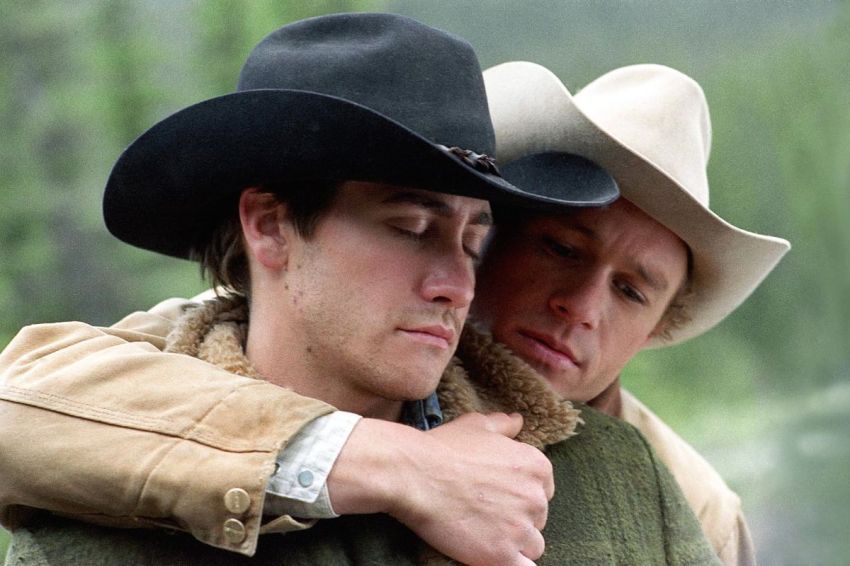
Brokeback was actually Lee’s second queer film after The Wedding Banquet, so his heterosexuality came as a shock to many viewers of both films. And yet, could a gay director have shepherded a mainstream gay film like this to cinemas worldwide? Debatable. Queer cinema — as directed by actual queer people — was still relegated to the indie scene. Even Gus Van Sant’s My Private Idaho wasn’t as graphic as Brokeback. A gay director might have been shut out by wary would-be financiers who, in the early 2000s, would have been mostly Boomers who liked to say “no homo” a lot. Anyway, thank you Ang Lee for creating this watershed moment in gay representation.
To Wong Foo, Thanks for Everything! Julie Newmar — directed by Beeban Kidron
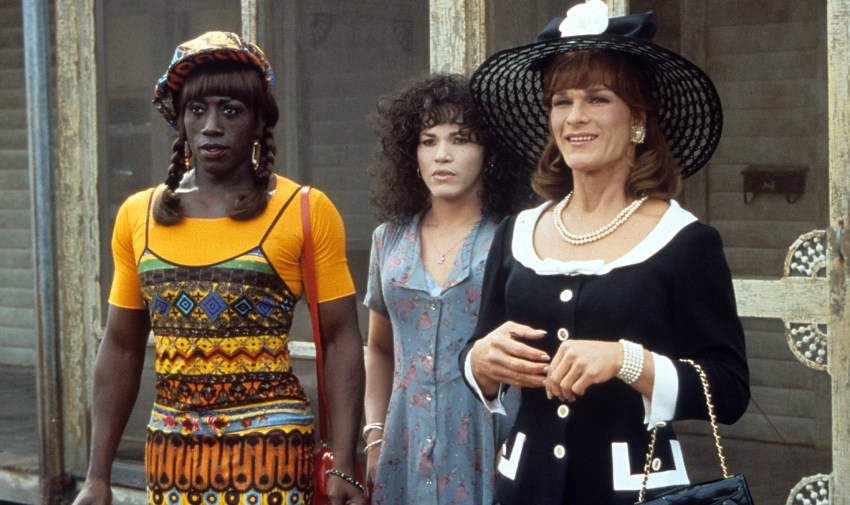
Here’s a gag: The director of this riotous comedy about American drag queens is not only straight but British. Pero how? When I first saw this movie, I assumed it was directed by Ryan Murphy. But Beeban Kidron, a straight woman from London, managed to create a queer-positive film that balanced broad comedy and heartfelt intimate moments without alienating its subject. For 1995, this was near-revolutionary. We’ll take it.
Philadelphia — directed by Jonathan Demme
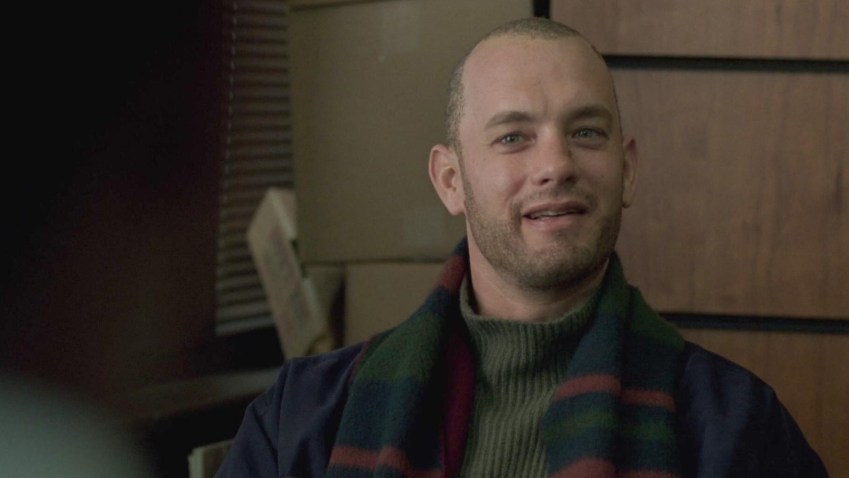
This movie was way ahead of its time for 1993. Released when AIDS was still seen as a “gay disease,” Philadelphia portrayed both homosexuality and AIDS with remarkable sensitivity considering its cultural context and the fact that its director was straight. Though some of the stereotypes depicted in Philadelphia are a bit outdated now, it’s still a powerfully empathetic movie about discrimination and acceptance.
The Birdcage — directed by Mike Nichols

I can’t wrap my mind around the fact that Nathan Lane was the only actual gay person to play a major role in this movie. This movie is just so gay — the script, the costume design, the sensibility — that those words just don’t compute. But alas, this movie’s director, writer, and co-star Robin Williams were all straight. Sure, there had been whispers of Mike Nichols possibly engaging in some dalliances, but nothing had been confirmed. Ultimately, the straight Nichols was responsible for gifting society with one of the most iconically gay comedies of all time.
Tangerine — directed by Sean Baker

Before winning an Oscar for Anora, Sean Baker was known for shooting this 2015 movie entirely on an iPhone. But that wasn’t even the most groundbreaking thing about Tangerine. Even more notably, the movie centered on a hilariously brassy trans sex worker as she discovered that her pimp had been cheating on her. Considering that trans directors — and to that end, trans actors — are still widely marginalized in Hollywood and beyond, it doesn’t seem that far-fetched for straight men to be directing movies like this right now. Hopefully that will change sooner rather than later.
In the meantime, we can just be grateful for these six great examples of allyship that helped empower queer people and ultimately give them the access to tell queer stories themselves. Philadelphia and Brokeback walked so that Bros and Bottoms could run.
